15 Website Tools You Should Use Before Launching Your Website
Website launch is a big moment for everyone. Those who have worked really hard for weeks or months to develop a stunning website design, crisp content, and attractive user interface can’t wait to present it to the world. But before launching, there is always a standard process of checking and confirming.
If you want to make sure everything goes perfectly for your website, you should use some innovative tools with accurate results and time-saving methods. We have curated this list of 15 excellent tools for all website developers, which can help you check various crucial elements in your website before launching. These tools are for many essential aspects related to usability, SEO, content, development and designing panel, etc.
So let’s check out each one of them and understand how they can help your checking and testing process before the main launching.
1. PageSpeed Insights:

PageSpeed Insights is a very well-known tool by Google to measure a website’s speed on desktop as well as mobile. Before launching your website, you should run a test in this tool to check your website’s current speed. This tool provides a distinct score for each website that is known as the PageSpeed insights score. In addition, you can check lab data or field data in this tool. And you can also get suggestions and reviews to improve your website’s speed. This tool is highly reliable and helpful to understand the loading speed of your website on search engine pages.
2. Mobile-friendly Test:
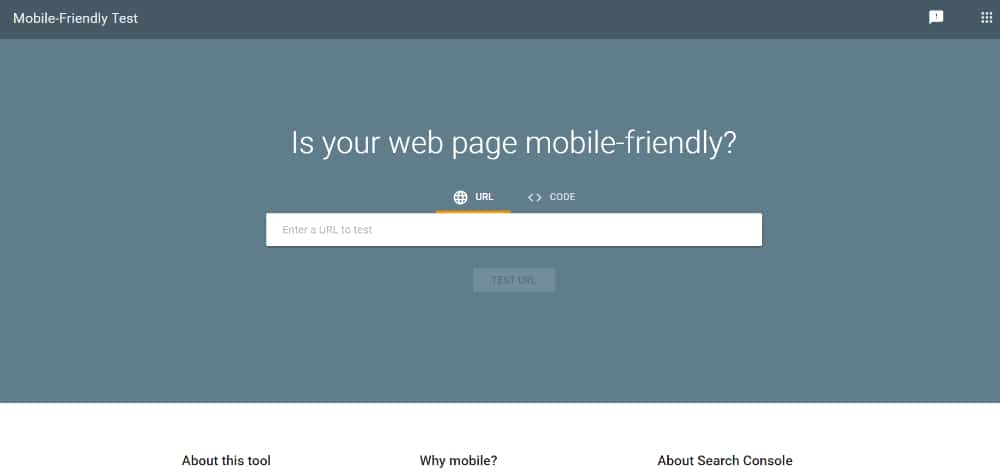
Mobile friendliness is another critical factor of a website. It is very essential for your website to have the best mobile-friendly performance. And this mobile-friendly test by Google helps you to check how much your website is mobile-friendly on different devices. It simply tells you how mobile-friendly your website is, according to google. And you can understand how easily your users can access, read and navigate your site on other devices except for desktop. With a pass or fail score and suggestions, you can make changes to your site before the launching to ensure a perfect mobile-friendly website for the audience.
3. Browsershots:
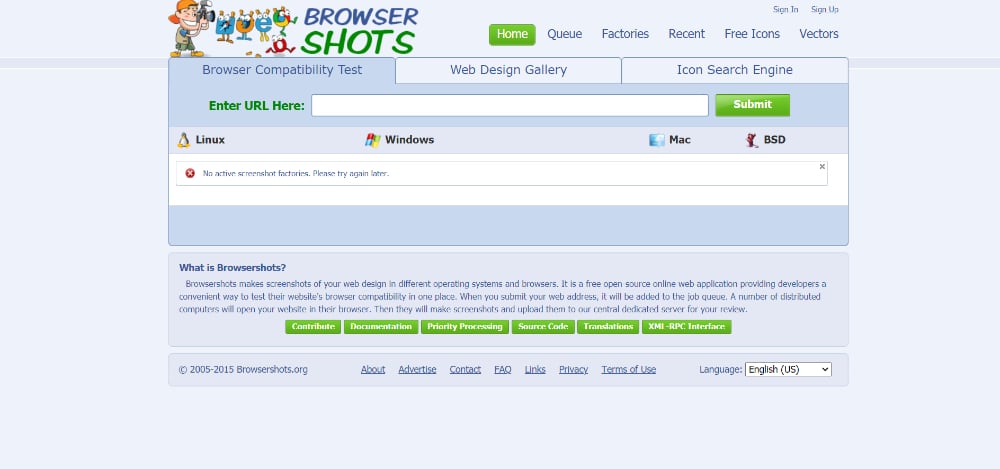
Browser compatibility checking is an important task. A perfect running website on a single browser is not enough. To reach every kind of audience and to satisfy all users, your website has to work perfectly on every available browser. And manually checking your website’s compatibility with all browsers is not at all a feasible job. Browsershots is a simple free tool that allows you to check your website’s compatibility on all browsers. This tool checks your website on different devices and different browsers at the same time and shows you screenshots of the results. This way, you can see how your website looks and works on different browsers.
4. PHP Compatibility Checker:

This is just to be double sure about your website and all the integrated plugins. Sometimes, it happens that after launching, some plugins create glitches or errors that can cause trouble to your users and eventually your business. So PHP compatibility checker is a tool by WordPress to check the compatibility of plugins with PHP version.
This tool categorizes compatibility issues into errors and warnings and gives your report of offending code and why a particular line number is incompatible with the PHP version. So, check your plugins and their compatibility in the PHP checker to prevent conflicts if there are any before the launching.
5. 404 Page:

404 error page is not very likely to occur on new websites. However, if your user mistypes something or, due to any mistake, lands on a 404 error page, you should be prepared. With the 404 page plugin, you get to create your own custom 404 pages. By placing your custom 404 pages, you can attend to that visitor and try to hold him for your website. A simple meaning of 404 error is that your visitor has not found whatever he was looking for. So to guide him or support him, you can use this tool and make your visitor remember your website. This plugin is by WordPress, and it is completely free to use.
6. Yoast SEO:
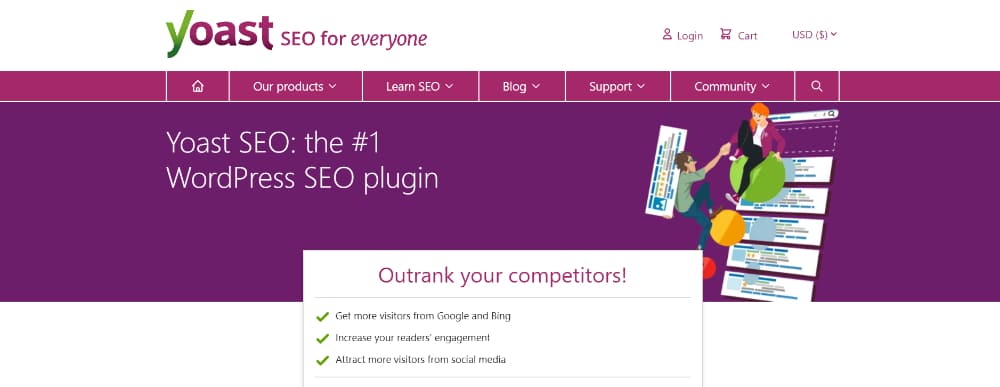
Yoast SEO is a brilliant tool for all website developers to practice SEO. It is a famous plugin to use with WordPress websites when it comes to technical SEO questions. This plugin can easily help you to understand your website better from an SEO perspective. This tool is simply the best to check duplicate content, readability, keywords, canonical URLs, and internal links.
There are many unique features and benefits of using this plugin for quality SEO results. And especially when you are not very much familiar with the technical SEO part, this plugin is a must-have. So before launching, you can use this to analyze and improve your website’s SEO performance.
7. Wave Evaluation Tool:

When it comes to accessibility, your website has to be accessible to everyone. It covers people with disabilities as well. Wave Accessibility Evaluation Tool is a free and beneficial tool if you want to check the accessibility of your website. It gives you visual feedback and teaches you about accessibility issues. You can quickly get the report and see your website’s accessibility performance and compliance with web content accessibility guidelines and section 508. It is necessary to check these things and be utterly sure before launching the website.
8. W3C Markup Validator:

Validating web documents is an essential step before launching. You need to make sure your website has the optimum and valid code for conflict-free and smooth performance. W3C Markup Validator is a widely used tool to check the validity of HTML. And W3C CSS Validator is the same tool for CSS.
These tools help you to understand if your website documents are up to the standard level or not. And if there are any issues, you can see that also in the report. These free tools can help you to save lots of money and time by checking your website’s validity. So use the W3C Markup Validator before launching and save your time of manual checking.
9. UpdraftPlus:
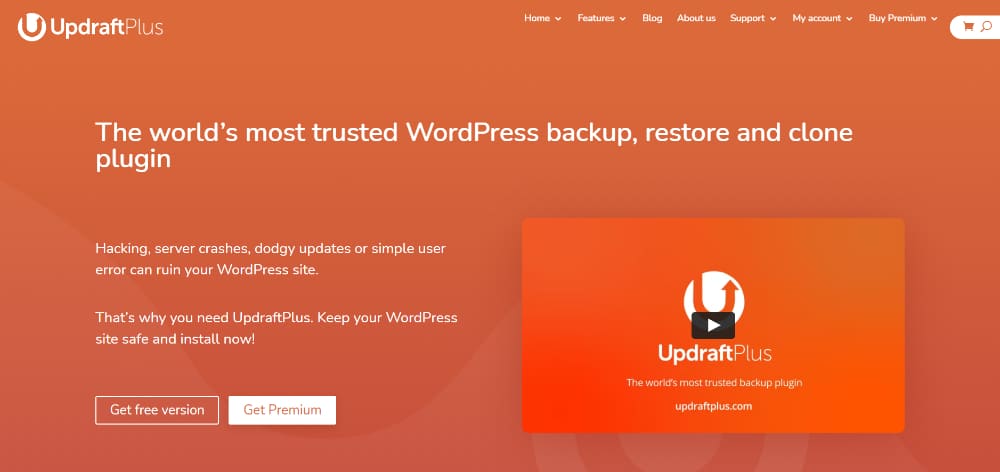
Before launching a website, you must take a solid backup solution. Every developer might be aware of this but doing this manually is a very outdated way now because it is tedious and not very feasible. So to install a robust backup solution try using UpdraftPlus. It is the most trusted scheduled backup plugin for any size of website. With its easy-to-follow interface, you can quickly schedule automatic backup, plugins, themes, backup files, and restore your backup data from the WordPress panel. It is customizable as well to get your required backup settings. So overall, it is a handy and easy plugin to use for backup solutions before the actual launching.
10. Uptime Robot:
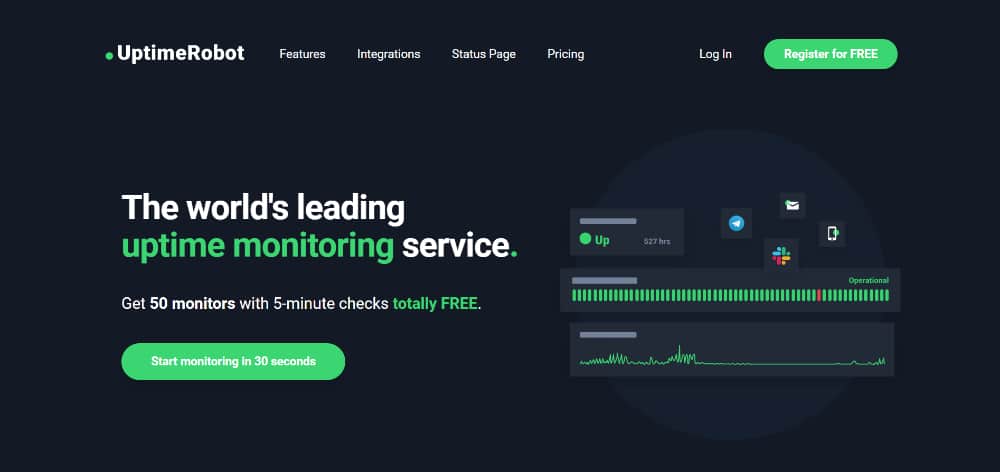
One other thing you should include in your website before launching is a good tool for monitoring. Sometimes your website can be down or create some issues, and that’s why you need constant monitoring on every aspect. Uptime Robot is a beautiful tool for uptime monitoring. It is free to use, and it will monitor your website every five minutes and send your alerts through SMS, email, or any other channel of your preference. Website monitoring, SSL certificate monitoring, response monitoring, multi-locations checks, and many other features are included in this tool.
11. SSL Shopper:
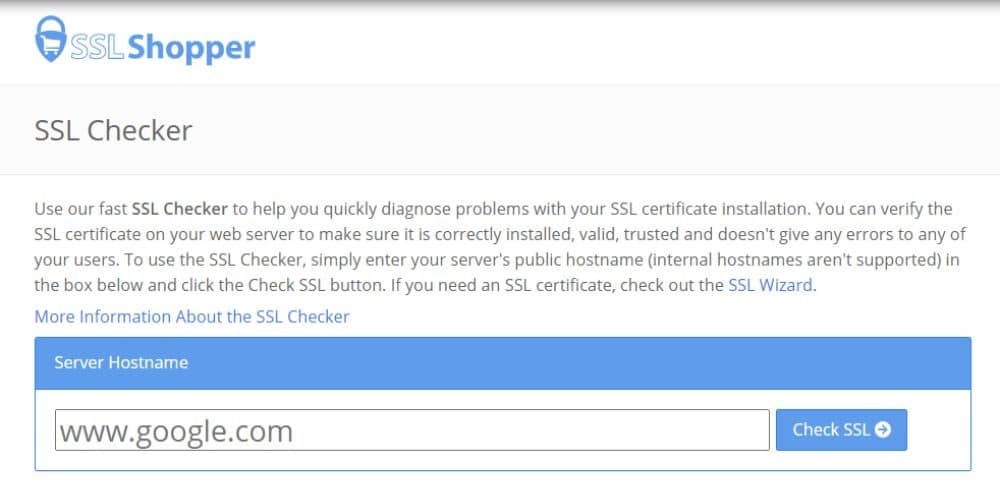
We know installing an SSL certificate is a whole different challenging task. But after successful installation and configuration, you need to check it thoroughly before the actual launching. The SSL Shopper is a simple tool that helps you to diagnose problems with your SSL certificate installation, if there are any.
You just need to enter your website’s URL to get every detail. It shows server type, issuer, validity, certificate details, and many other pieces of information. So you can have a complete analysis of your certificates and adjust things prior to launching day. SSL Shopper is easy to use and trusted tool for SSL certificate solutions.
12. Optimiezly:
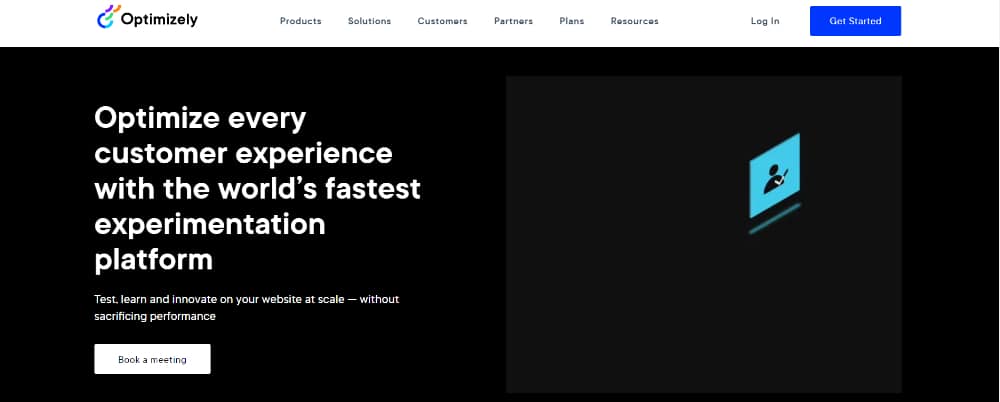
This is an optional tool for websites. If you want to run an A/B test on your UI design or specific webpage, then Optimizely is a tool for you. It is a fantastic tool with advanced features to help you run various experiments with your website. It is a smartly built tool to allow maximum experiments and minimum performance impact. Before launching, if you want to experiment with your options and understand your users well for future upgradation or any other business objective, then you need to take the help of some powerful tools and which is what Optimizely is for. So go for this popular tool in the industry for experiments requirement.
13. ProWritingAid:

ProWritingAid is a supportive tool for the content part of your website. It is a chrome plugin to analyze your content and provide your corrections. With this tool, you can understand the readability score of your copy. To install this tool and run a test is a very simple task. And therefore, before making everything official, it’s nice just to check the content of web pages through this tool and understand issues. Then, according to your readability score, you can decide what changes you should make to serve the best user experience. So try using ProWritingAid before launch to get the final validation on website copies.
14. Website Grader:

This tool is a comprehensive help for websites. It analyses multiple aspects at the same time and provides you an extended report about your website’s accessibility, navigability, speed, and UX. Website Grader works as an inspection tool for the overall website. This tool is by HubSpot, and it’s free to use.
Before the launch, you can take a test of your website and understand your website’s position from a marketing perspective. It shows you a distinct score between 1-100 as per your website’s analysis. It also gives you some informative suggestions on how to improve your website. This tool can be used before and after the launch just to take an overview of the website and provide the best user experience.
15. W3C Link Checker:

Lastly, it’s a fundamental requirement of any website before it gets live to go through strict link checking. W3C Link Checker is a dominantly used tool for checking URL’s health. It’s not necessary that your website has all working links on every page. There can be some errors, mistakes, and misplacements by you or anyone from your team.
So to check whether your website has only healthy and working URLs, you need to use a reliable link checking tool. W3C is an intelligent tool that will extract a list of all anchors and links. You get a complete analysis of working, broken, duplicate, and corrupted links. So to ensure a completely prepared website, run W3C link checking and work accordingly.
Checking every element before launching doesn’t necessarily give you aid with a successful launch. Even after the launch, you still have to run through a number of tasks. But without a proper inspection and testing, no website developer likes to launch his website. Moreover, it is not advisable either. So for the commitment of your checklist, you need some helpful and reliable tools which can carry responsibilities and give you an ideal output.
With the tools mentioned above, you can rest assured with your respective analysis. They are professionally built, widely used, and easy to understand. You can get your required report and align your website with the predetermined structure. So include them however you want in your pre-launching schedule and make your website error-free and geared up for a powerful launch on every online platform.